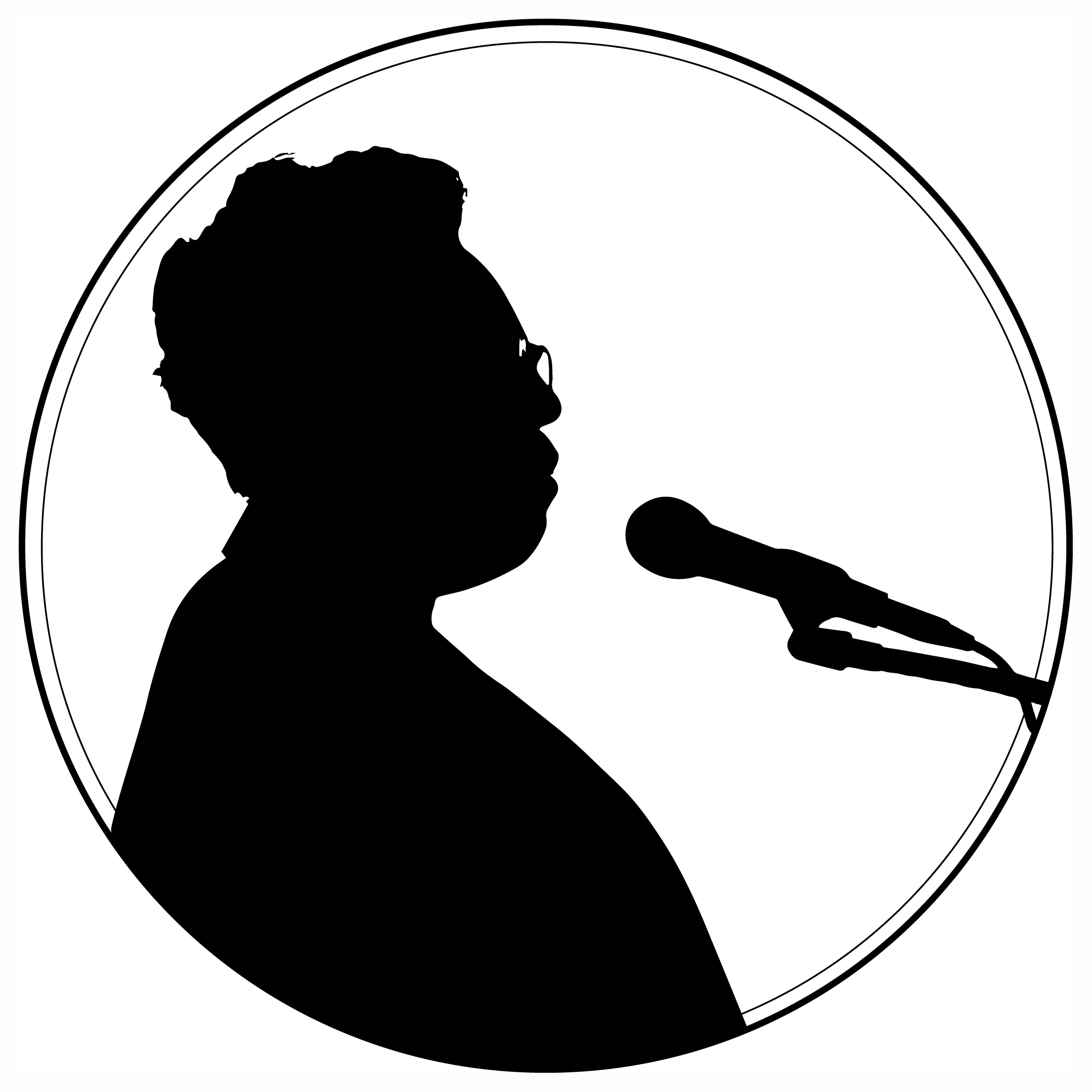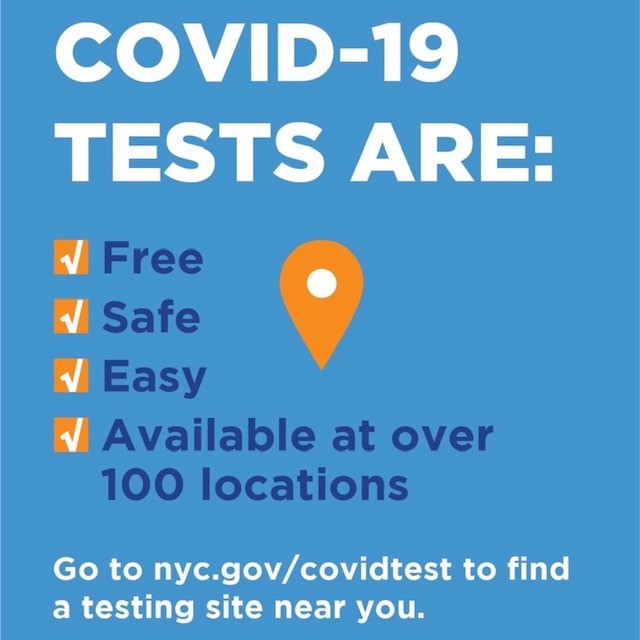|
||
Commissioner’s Message |
Cecile Noel |
 |
During this Women’s History and Social Workers Month, we would be remiss not to remember that the Bureau of Labor reports that more than 80% of all social workers today are women. We salute our social workers, the community builders and keepers who work tirelessly on behalf of survivors of domestic and gender-based violence everyday. This month, we are also celebrating with advocates nationwide on the House of Representatives’ passing a VAWA bill that would improve and expand services for victims and survivors, with provisions to make safe housing more accessible and ensure that state unemployment benefits cannot be denied to individuals who leave their jobs due to sexual harassment or assault, domestic or dating violence, or stalking. This month, we are also celebrating with advocates nationwide on the House of Representatives’ passing a VAWA bill that would improve and expand services for victims and survivors, with provisions to make safe housing more accessible and ensure that state unemployment benefits cannot be denied to individuals who leave their jobs due to sexual harassment or assault, domestic or dating violence, or stalking. In addition, this week the New York City Council passed the Council Resolution on Police Reform, which builds on the proposals outlined in the New York City Police Reform and Reinvention Collaborative draft plan that Mayor Bill de Blasio released earlier this month. The plan aims to confront the painful legacy of racialized policing and deepen accountability and improve the relationship between police and the communities they serve. As New York City moves to reform policing and its role in our City, we know it is critical to consider domestic and gender-based violence survivors, particularly survivors from marginalized communities, including Black survivors, survivors of color, LGBTQI+ survivors and survivors with disabilities in that process. And we must simultaneously develop additional options for survivors who do not want, and may never want, to engage with the criminal justice system by deepening our investments in community-based resources. New Yorkers can access information about the plan, the Council resolution, and provide public comment to the recommendations in the plan online. The key components of the plan related to responding to domestic and gender-based violence include a commitment to: consolidate the coordination of all crime victim service programs into one agency to better support crime victims; improve support for victims of domestic, gender-based and family violence through access to community-based resources; and develop new policies and approaches to combatting sex trafficking that focus on traffickers, and do not entangle victims or those selling sex in the criminal justice system. The steps we plan to take in our City’s approach to human trafficking are aimed at reducing barriers that keep New Yorkers from accessing services – including barriers faced by sex workers and people who have experienced trafficking or exploitation. Improving community engagement supports that and will improve the NYPD’s ability to identify and prosecute traffickers without criminalizing sex workers. We look forward to working with our City and community partners and building on our response to human trafficking. |
|
|
|
|
|
|
|
|||
| |||
|
|
|||
| |||
|
|||
|
|
|
|
No Shame On You: Is Humiliation Gendered? OPINION: Cuomo’s Gender-Based Violence Includes His Failure to Free Imprisoned Survivors FIRST PERSON ESSAY: How the history of spas and sex work fits into the conversation about the Atlanta shootings Equality Act that would bar LGBTQ, gender identity discrimination faces uphill battle in Senate House passes renewed effort to reauthorize Violence Against Women Act Violence Against Women Act to offer support to LGBTQ survivors Atlanta Shooting Shows How Police Are Failing Asian Women Cities aren’t designed for women. Sarah Everard’s murder shows us the consequences. UN Women: COVID-19 Is `Most Discriminatory Crisis' for Women Supreme Court dismisses case related to Trump era 'public charge' rule What Sexual Assault Survivors Want President Biden to Change About Title IX Devastatingly pervasive: 1 in 3 women globally experience violence Younger women among those most at risk Lawmakers offer gun control bill to end 'boyfriend loophole' Mass Shooters Often Have A History Of Violence Against Women
|
This is the NYC.gov news you requested.
|








